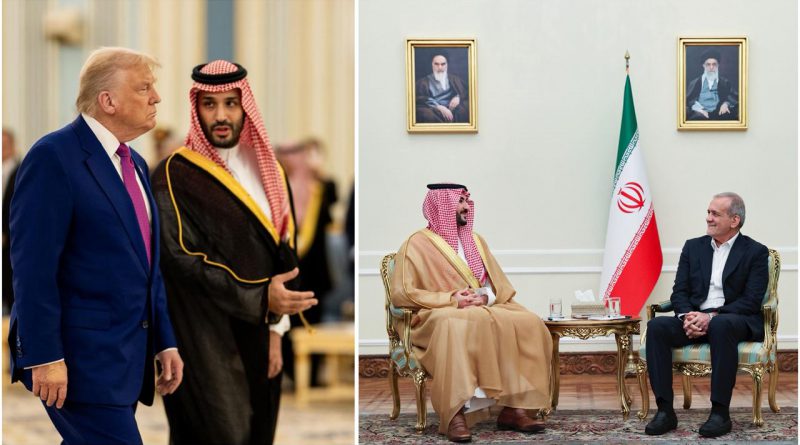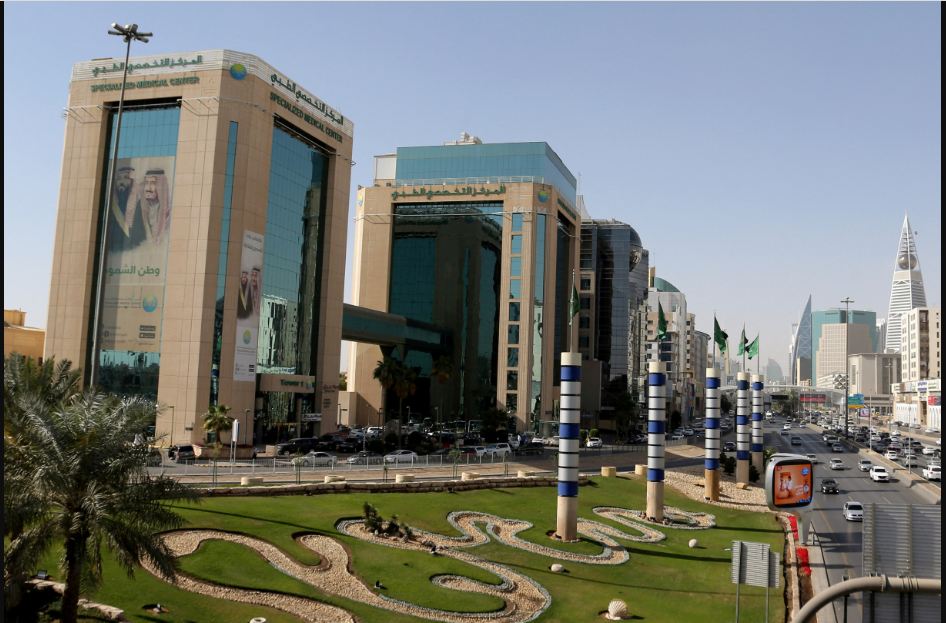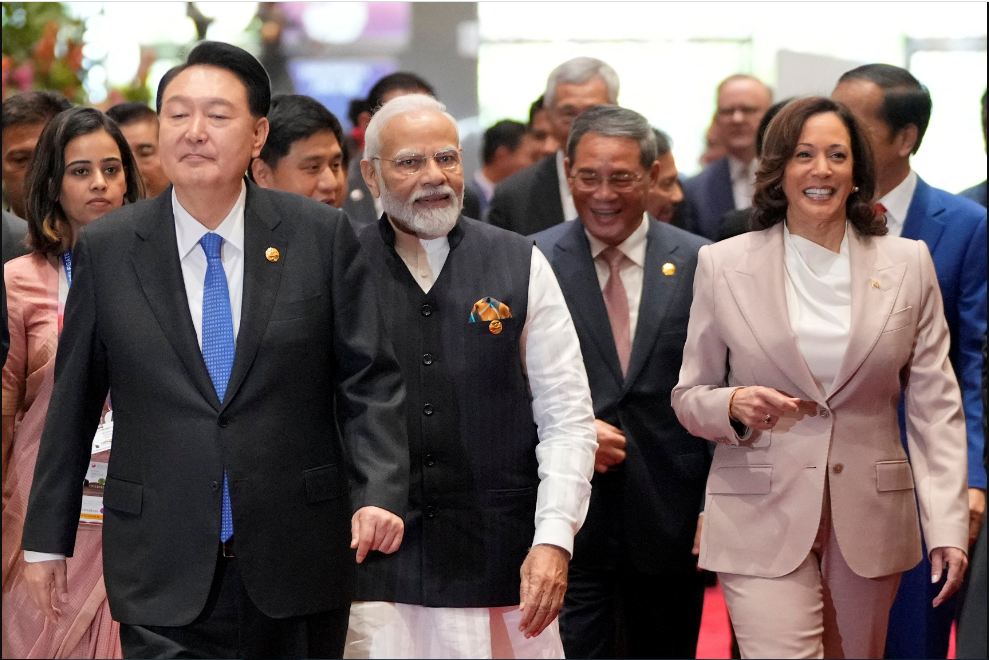Iran Turns to Saudi Arabia as Pressure Mounts on Multiple Fronts
A Clear-Edged Breakdown of Iran’s Strategic Shift Toward Saudi Arabia
According to political expert Mario Nawfal, Iran has taken a step it previously insisted it would never consider: requesting Saudi Arabia’s assistance in reopening nuclear talks with the United States. This outreach reflects a significant shift in Tehran’s approach and signals a moment shaped less by diplomatic confidence and more by mounting pressure.
A letter from President Masoud Pezeshkian was delivered to Crown Prince Mohammed bin Salman shortly before the Saudi leader’s visit to the White House. The communication notably departed from Iran’s traditional revolutionary tone. Instead of confrontational rhetoric, it emphasised openness to dialogue and explicitly appealed for support in re-engaging with Washington.
The fact that Tehran is directing such a request to Riyadh—its longstanding regional rival—indicates that circumstances are tightening around Iran’s strategic environment.
Two core factors underpin this sudden shift in posture.
The first is fear. Israeli strikes in June targeted Iranian nuclear sites and, more importantly, undermined Iran’s sense of invulnerability. Tehran now perceives the possibility of further action if diplomatic efforts break down.
The second factor is survival. Iran’s economic situation continues to deteriorate, with the rial weakening sharply and energy shortages disrupting daily life. Public frustration is intensifying as these pressures accumulate.
Alongside these domestic concerns, Iran’s broader regional influence is eroding. Hezbollah is weakened, Hamas has been significantly damaged, and the Syrian government under Bashar al-Assad has fallen. Collectively, these developments are rapidly reducing Tehran’s regional leverage.
In contrast, Saudi Arabia possesses advantages Tehran currently lacks: direct influence in Washington, a personal channel to former President Donald Trump, and regional authority grounded in economic strength, energy resources, and political stability. While Oman and Qatar are capable of transmitting messages, Saudi Arabia has the capacity to shape outcomes.
Crown Prince Mohammed bin Salman has indicated an openness to facilitating diplomatic progress—not as an act of benevolence, but because a U.S.–Iran conflict would generate serious consequences across the Gulf region.
Both Iran and the United States publicly endorse diplomacy, yet neither is willing to accommodate the other’s demands. Iran’s clerical establishment maintains that negotiations cannot occur “under threat.” However, the current threats surrounding Tehran are also the primary drivers pushing it toward engagement.



